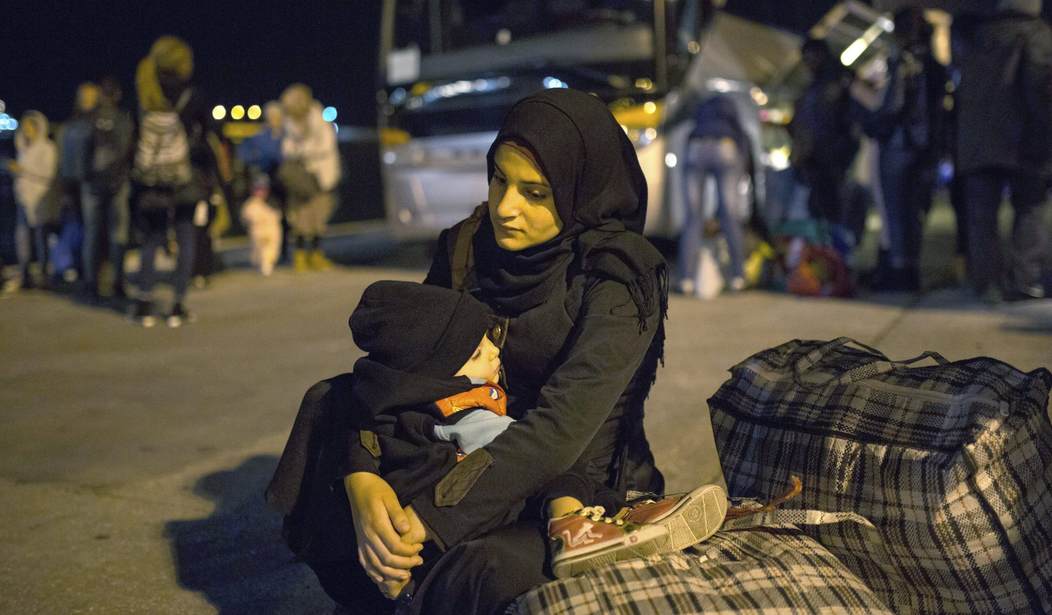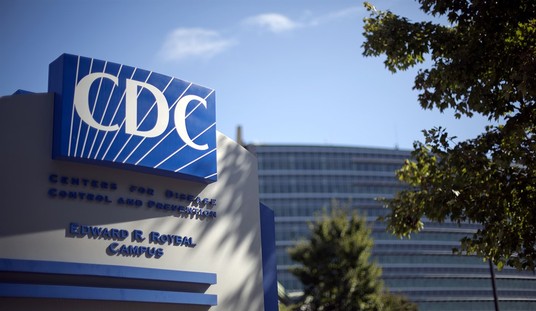A group of United Nations special rapporteurs and experts issued a joint statement today calling on member states “to refrain from using ‘deterrence measures’” against migrants, arguing that countries should “recognize that border protection and human rights protection are not mutually exclusive: if states provide more regular migration channels, smuggling operations become redundant and all necessary security checks can be carried out, while migrants’ protection needs can also be met.”
The group, which has been working on a global framework for a compact with migrants, issued the statement through the office of the UN High Commissioner on Human Rights ahead of a General Assembly intergovernmental conference on international migration next year at which proponents hope member states will adopt the compact.
The statement was signed by Felipe González Morales, special rapporteur on the human rights of migrants; E. Tendayi Achiume, special rapporteur on contemporary forms of racism, racial discrimination, xenophobia and related intolerance; Maria Grazia Giammarinaro, special rapporteur on trafficking in persons, especially women and children; Obiora C. Okafor, independent expert on human rights and international solidarity; Nils Melzer, special rapporteur on torture and other cruel, inhuman or degrading treatment or punishment; Urmila Bhoola, special rapporteur on contemporary forms of slavery, including its causes and consequences; and Bernard Duhaime, chair-rapporteur of the Working Group on Enforced or Involuntary Disappearances.
“States should take a strong stand against discrimination and demonstrate that hate speech, violence, stigmatization and scapegoating cannot be tolerated. States must take proactive measures to change the narrative on migration, to combat racism and xenophobia, and to emphasize the positive contributions of migrants and refugees, who bring diversity and enrich societies, cultures and economies across the world,” the group said.
The statement calls for “urgent and long-term measures” to “foster social and economic environments which enable migrants to become fully integrated with the local population, without discrimination on any grounds,” and decried immigrants facing “overcrowded reception centres, poor healthcare, insufficient food, poor sanitary facilities, immigration detention, ‘push-backs’ on land and at sea, and restricted access to regular migration channels.”
Member states, they said, should commit to ensuring “every migrant’s situation is individually assessed, so that their protection needs can be met and they can be referred to relevant services,” including training law enforcement to recognize victims of human trafficking.
“Immigration detention should be applied only as a measure of last resort. Immigration detention is permissible only when it is reasonable, necessary and proportionate; is decided on a case-by-case basis; and is used for the shortest possible period of time. Migrant children – whether with family or unaccompanied – should never be detained. Alternatives to detention need to be developed as a measure of urgency,” the statement continued.
“The global compact must address issues related to labour exploitation, and ensure migrant workers enjoy the same rights as nationals regarding the minimum wage; hours of work; days of rest; freedom of association, movement and residence; and retaining possession of travel and identity documents.”
UN members should guarantee migrants judicial rights as well as “access to healthcare, education, and social and labour services, regardless of migratory status,” the experts said.









Join the conversation as a VIP Member